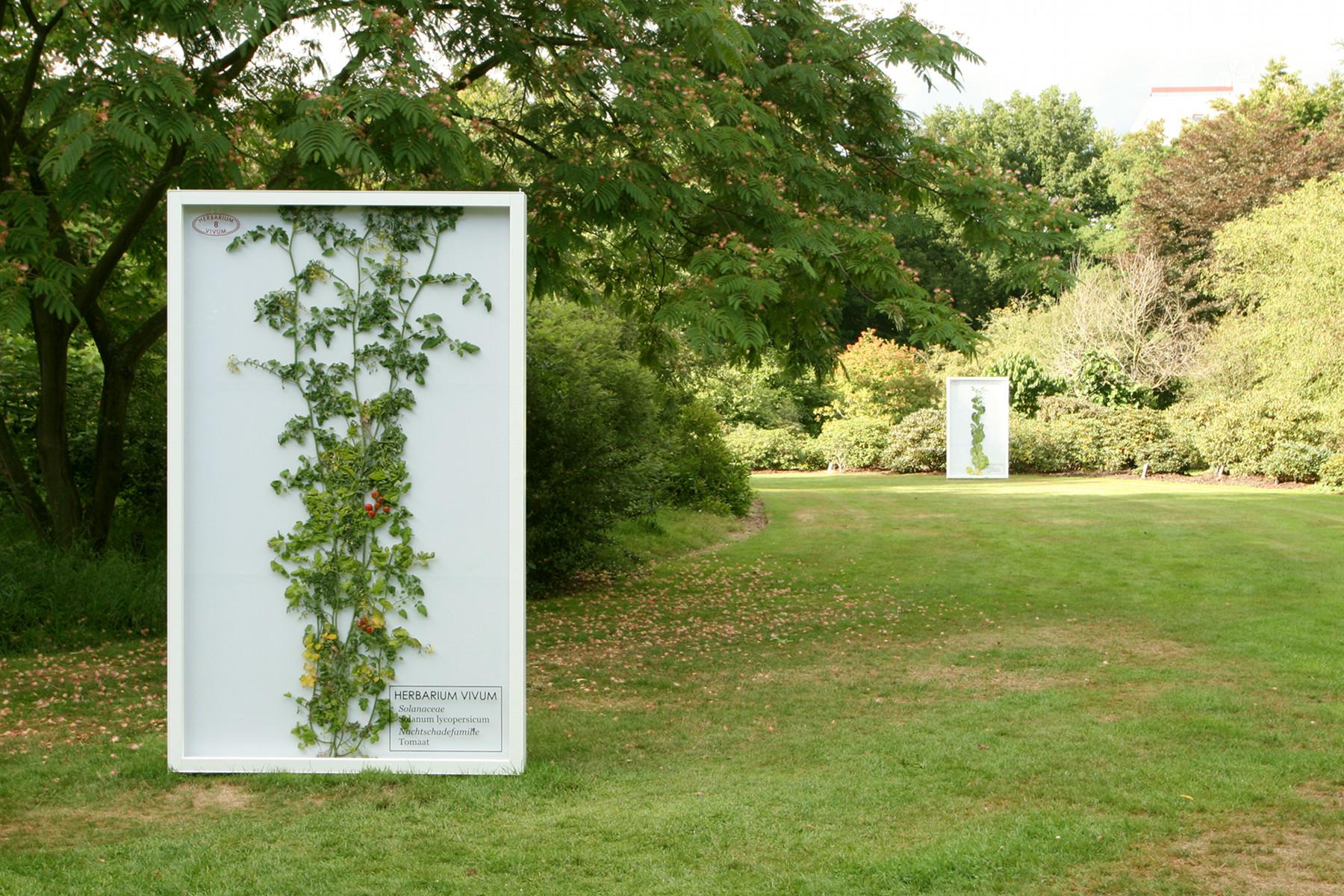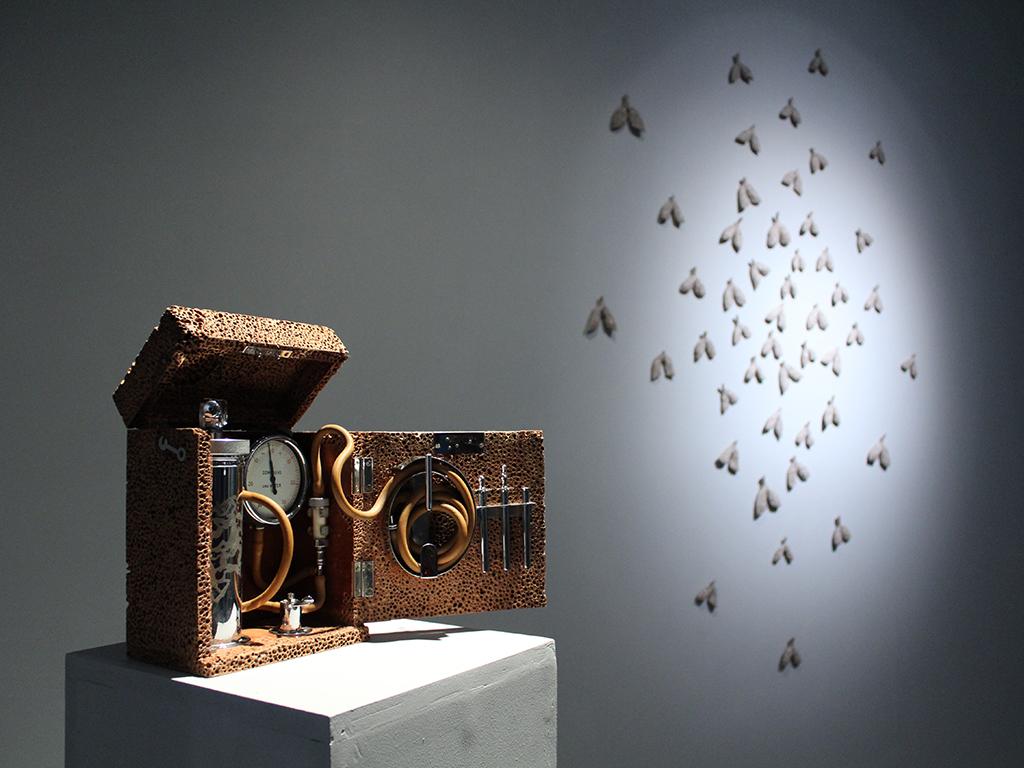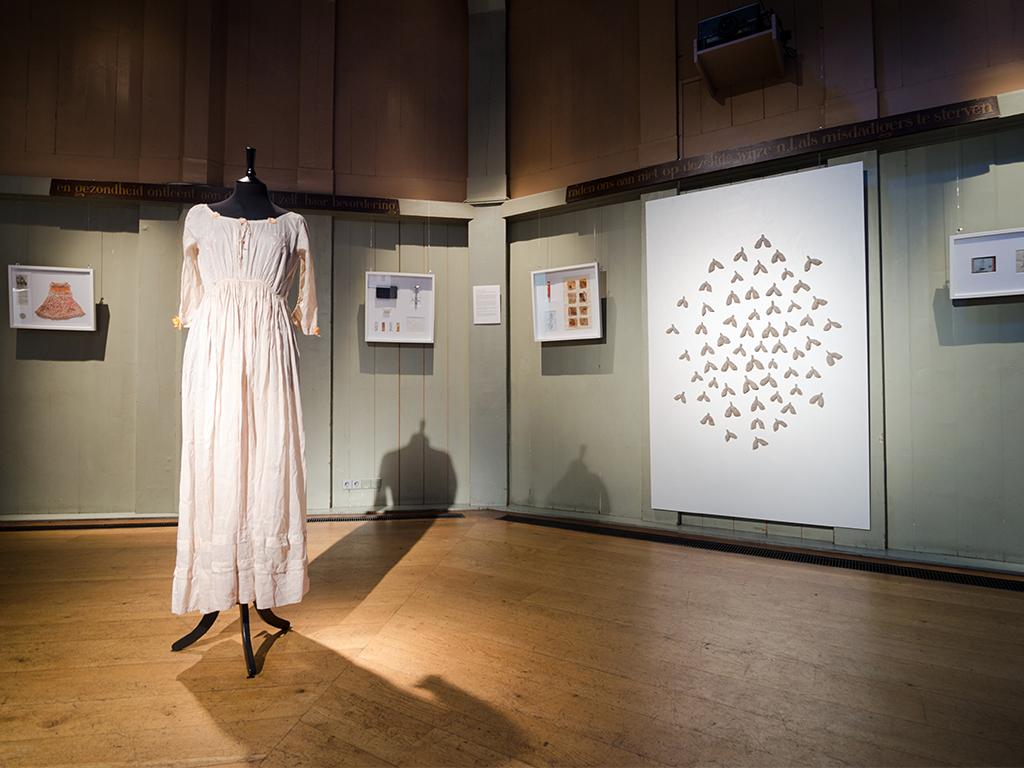In February 2014, Waag's Open Wetlab brought a series of three lectures by Joanna Jeśman at the Waag titled 'Living tissues and living issues', as a continuation of the series The Future of Art & Science Collaborations we started last year in October.
This series looked at how technology shapes new relations between organisms and in turn how technology is shaped by those organisms. From an artistic, academic and sociopolitical perspective we looked at issues of hybridity, performativity and food as these seemingly unrelated topics have a very strong influence on how we perceive the Other and each other in modern society.
Joanna Jeśman researches various contexts of bioartistic practices mainly from the perspective of posthumanist theory and animal studies. She is a co-editor of a book entitled Natureculture, which is a critical reflection on posthumanism and is going to be published in June 2014 (in Polish). Her lectures at Waag were part of a month-long internship funded by (SWPS) University of Social Sciences and Humanities in Warsaw, Poland.
These were the three evenings in this series:
- 13 February 2014: Hybrids, Chimeras and Other Monsters
Lecture: Joanna Jeśman, interview: Laura Mudde, interviewee: Guy Ben-Ary, moderation: Lucas Evers - 20 February 2014: (Per)Formativity of BioArt
Lecture: Joanna Jeśman, interview: Laura Mudde, interviewee: Maria Verstappen and Erwin Driessens (tbc), moderation: Lucas Evers - 27 February 2014: Gustatory Semantics
Lecture: Joanna Jeśman, interview: Laura Mudde, interviewee: Chloe Rutzerfeld, moderation: Lucas Evers
Living tissues and living issues was part of The Future of Art and Science Collaborations, a joint project of Waag and Stichting Toekomstbeeld der Techniek, supported by the Mondriaan Fund and Doen.


